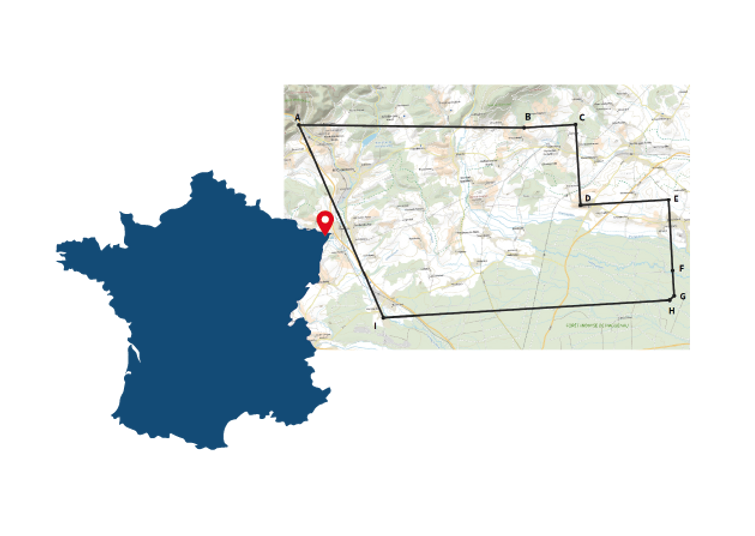
Lithium de France raises €44 million for lithium extractions in Alsace

Lithium de France, a pioneer in geothermal heat and lithium, will start extracting lithium from geothermal brine in the Alsace region /Lithium de France
Lithium de France, a subsidiary of the French group Arverne, has raised 44 million in funds for the explorations to build its first well. Th


Comments
Ready to join the conversation?
You must be an active subscriber to leave a comment.
Subscribe Today